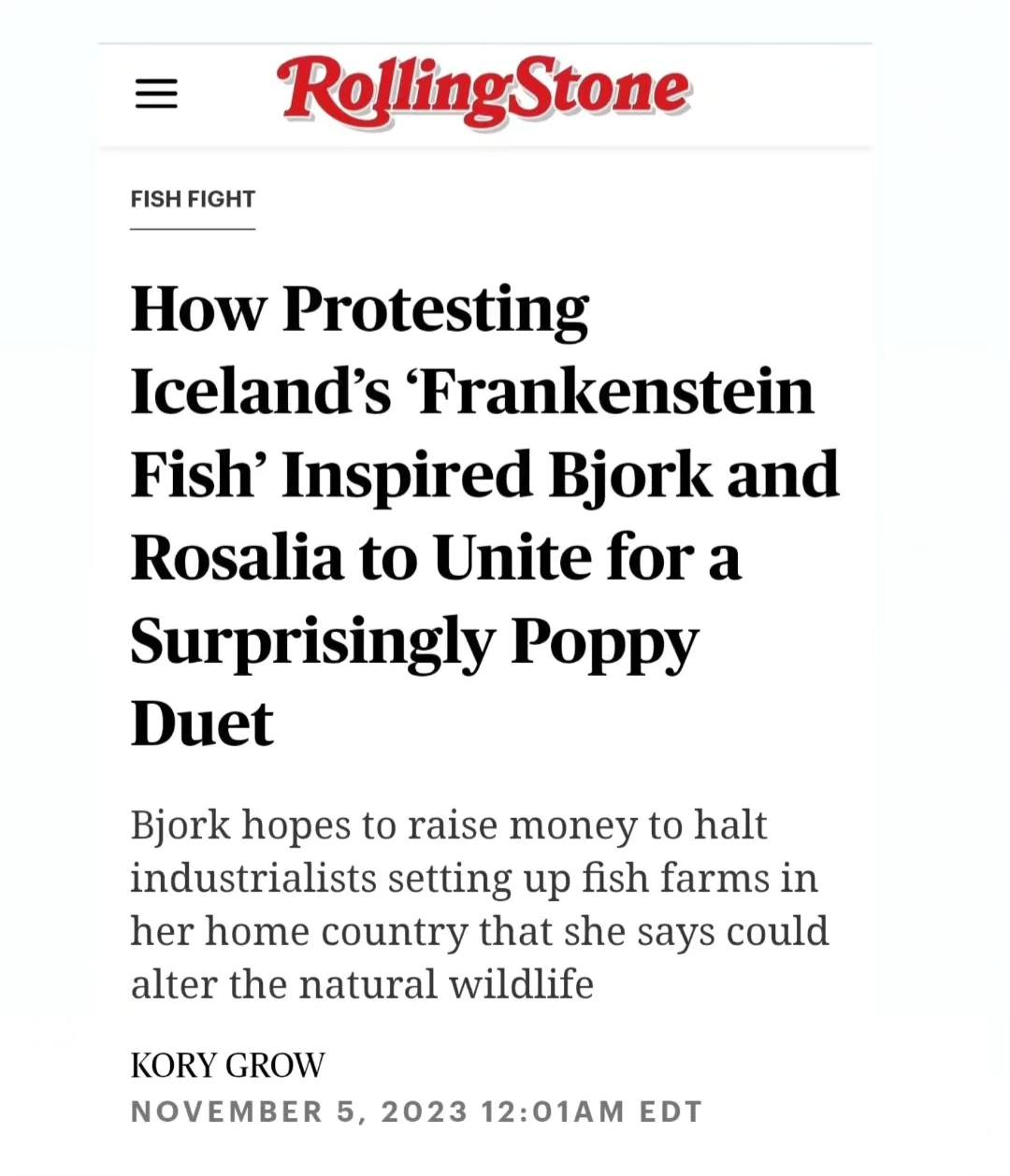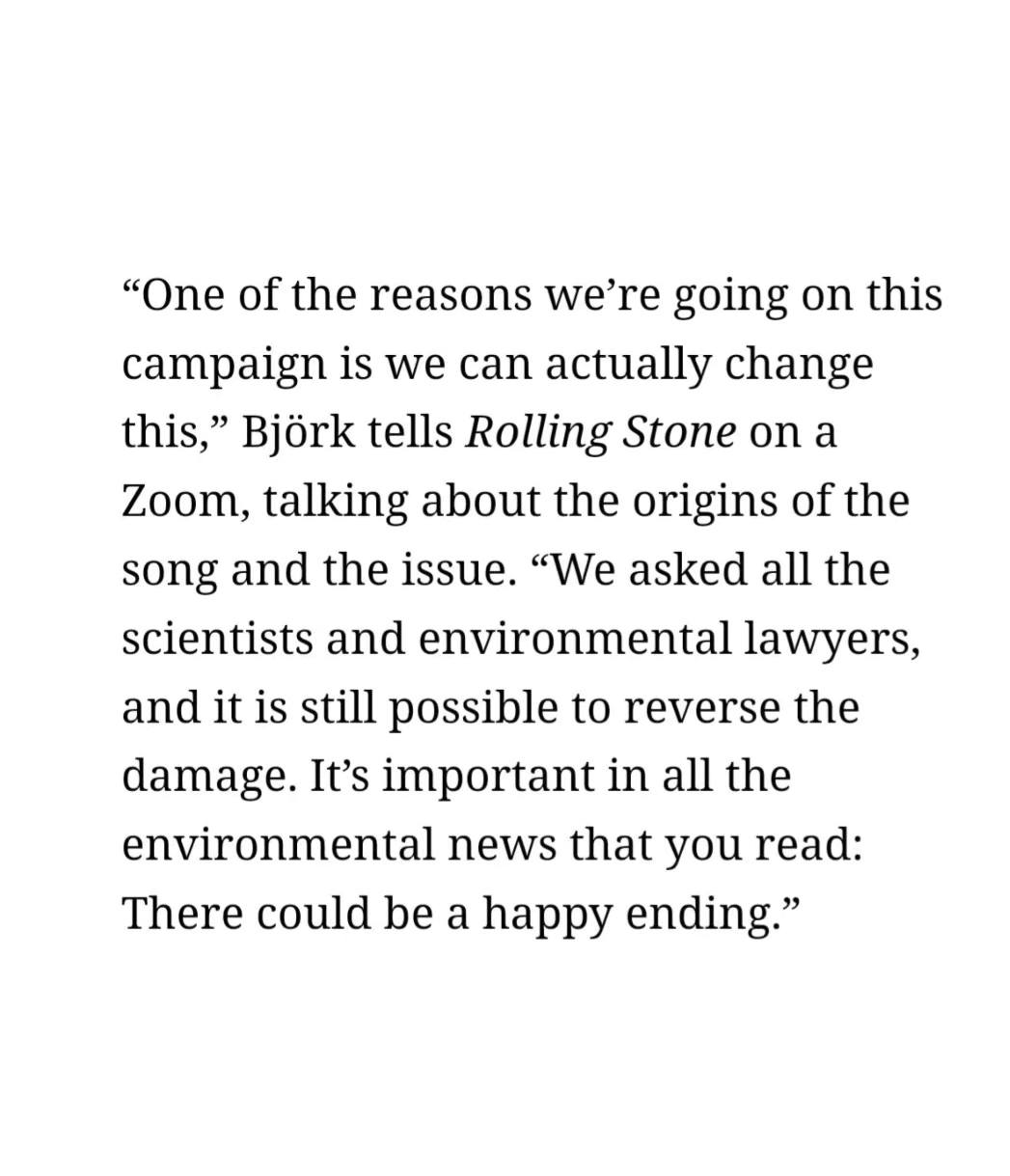 Björk er með stórkostlegum hætti að draga athygli umheimsins að skaðsemi og grimmd sjókvíaeldis á laxi.
Björk er með stórkostlegum hætti að draga athygli umheimsins að skaðsemi og grimmd sjókvíaeldis á laxi.
Við mælum eindregið með þessu viðtali sem birtist í Rolling Stone tímaritinu.
… When she learned of the dangers Iceland’s natural salmon faced — and saw how the issue intensified over the summer as Iceland employed salmon hunters to eliminate the unwelcome fish — she decided to release the track as a charity single. She brought Rosalía in to freshen it up. Proceeds from the track will benefit a legal fund to help Icelanders who live near Seyðisfjörður on Iceland’s east coast fight the arrival of another proposed industrial salmon farm. Any leftover money will go to campaigning for new legislation and raising awareness. …
“The natural environment for the wild North Atlantic salmon is declining due to climate change and rising acidity of the ocean,” Jón Kaldal of the IWF tells Rolling Stone. “Because of this, we absolutely need to reduce the impacts of other threats to support the ability of the wild salmon to adapt to the changing environment. Salmon lice, genetic mixing with escaped farmed salmon, [and] infections related to salmon farming in open net pens are the greatest man-made threats to the wild salmon.”
“One of the reasons we’re going on this campaign is we can actually change this,” Björk tells Rolling Stone on a Zoom, talking about the origins of the song and the issue. “We asked all the scientists and environmental lawyers, and it is still possible to reverse the damage. It’s important in all the environmental news that you read: There could be a happy ending.” …
Björk: In the last few years, we activists in Iceland have known about [the threat of open-pen fishing], and we haven’t really been happy about it. But in February, a big report came [from the Icelandic National Audit Office] that said not only was this issue as bad as we thought, but it’s 10 times worse. So all of Iceland, everybody, just went bonkers with fury this summer.
We are the largest untouched area of nature in Europe, and for 1,000 years, we have done our own farming. The way we farm our sheep, they’re free; they run around in the highlands for four months in the summer. We always thought of our farming to be what you call “free-range, organic” before people invented those words. …
So it was a huge shock when we saw open-pen fish farms. They give the fish drugs that stimulate their growth; the fish’s skeletons were growing at double or triple speeds, so 60 percent of them are disfigured. A lot of the skin is falling off. And then, like, 20 percent of them die in the nets because the conditions are so horrid. Then they’re putting tons of insect poison on them. The condition they’re living in is so bad that doctors [in Norway] advise pregnant women and children not to eat this fish. So you can just imagine what they’re selling in the shops as “wild, north Atlantic salmon” – it’s not. It’s not. It’s basically like they’re living in Auschwitz conditions there. …
You said that you’re glad to be using a happy song for the salmon. Why is that?
I would like to offer hope in all things environmental. I’m very against the Hollywood take of having film after film, TV series after TV series, about postapocalyptic survivalists with tin cans who can’t breathe, and “we’re all gonna die” and shoot each other. I think it’s narrow-minded, cowardly, and full of self-pity. I would like to react to environmental issues with more optimism and in a solution-based way, find court cases that you can win, and change things that you can change.I think in the 21st century, we will lose quite a lot of animal species, and we’ve lost quite a lot of things already. But I do still have a lot of faith in biology. Maybe some of us will be like mutant plants, human plants, like borderline sci-fi. But I do think it’s important to have a strong enough imagination and a creative, fertile headspace. You have to be able to imagine a future and live in it. It’s too lazy to indulge in the worst-case scenario always.

